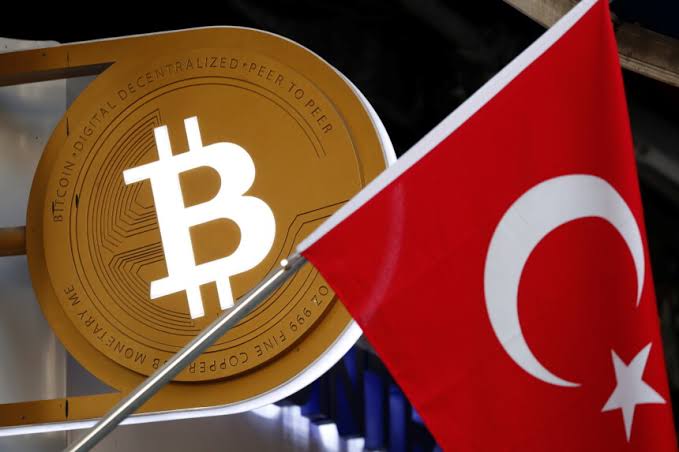As part of a massive budgetary makeover, Turkey is getting ready to enact new taxes, one of which will be a 0.03% transaction tax on bitcoin trading. The proposal calls for a change in the way financial transaction regulation is approached and attempts to alleviate the nation’s budget deficit brought on by the earthquakes of 2023. A Bloomberg piece that referenced the planned amendments stated that putting a transaction fee on cryptocurrency trading would be a big help during hard times financially:”A 0.03% transaction tax on cryptocurrency trading is being considered by the ministry; this is a popular measure among Turkish retail investors who want to protect themselves from the weakening lira and excessive inflation. Official estimates state that the change would bring in 3.7 billion liras annually.
The anticipated revenue from the tax measures put forth by the Turkish government is estimated to be 226 billion liras ($7 billion), or around 0.7% of the GDP of the nation. By the end of June, legislation was developed for parliamentary discussion by the Ministry of Treasury and Finance, under the direction of Mehmet Simsek.The goal of the 0.03% transaction tax is to attract Turkish investors who are increasingly turning to cryptocurrency trading as a hedge against inflation and currency depreciation. The proposed adjustments would represent Turkey’s biggest tax adjustment in the previous 20 years.
The Turkish government, which had earlier denied that it intended to tax cryptocurrency and stock gains, is now thinking about implementing targeted transaction taxes in order to guarantee thorough financial oversight. Turkey wants to “leave no area untaxed in order to provide justice and effectiveness in taxation,” according to Simsek, who made this statement on June 5. The tiny disclaimer that proposed “very limited” transaction charges accompanied the previously rejected measures to tax stocks and cryptocurrencies.
It is anticipated that the ruling party of President Recep Tayyip Erdogan, who has a legislative majority, will approve the proposed legislation and impose the new transaction tax of 0.03%. But past attempts to enact transaction taxes have encountered strong opposition, and political conflict is expected in this attempt as well.


